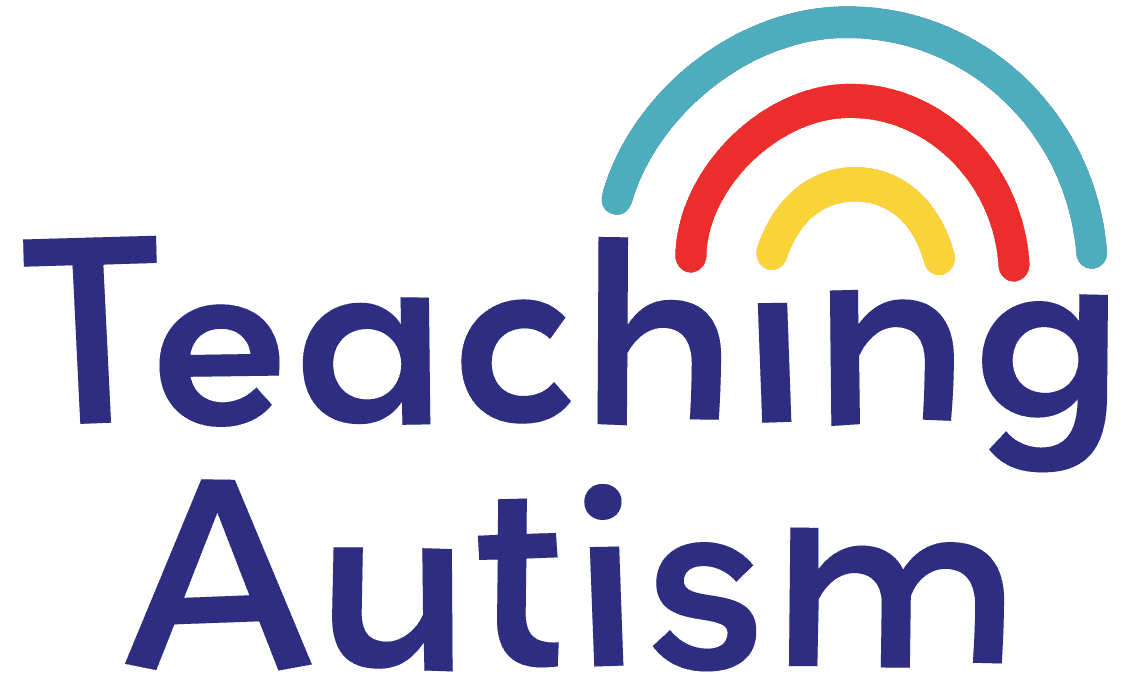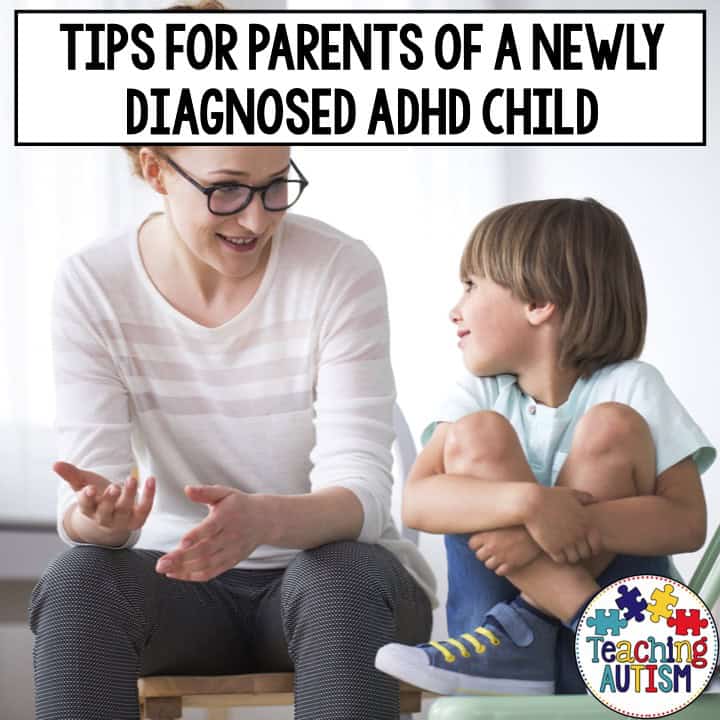What is ODD?
If you’re here, it’s probably because you want to find out more about ODD. Oppositional Defiant Disorder and it is a behavioural disorder or defiance disorder. This disorder usually consists of ignoring requests/demands, purposely trying to annoy others, frequent outbursts/meltdowns, severe and regular aggression. Currently, this disorder affects up to 16% of children and young adults in our population.
We all know that no child is perfect – whether they are diagnosed with autism or have no diagnosis at all. Children grow up and they deal with the world around them in different ways. They socialise with others in different ways and they deal with rejection, ‘no’ and their emotions in different ways. You may start to see some signs that stand out to you that are not ‘typical’ of what you would expect. If your child is in a school, be sure to liaise with the teacher as well so you can work together on this.
So, let’s start. What exactly is ODD?
ODD stands for Oppositional Defiant Disorder and it is a behavioural disorder or defiance disorder. This disorder usually consists of;
- Ignoring requests/demands.
- Purposely trying to annoy others.
- Frequent outbursts/meltdowns.
- Severe and regular aggression.
Currently this disorder affects up to 16% of children and young adults in our population.
So, what signs should you look for?
- They struggle with authority
- The individual may get angry if they don’t get their way
- Severe or extreme behaviours that last for a long period of time
- Ignore/refuse to follow rules/demands set by others – especially adults/teachers
- Purposely annoy others
- Blame others for their behaviour
- Appears to be the most comfortable when they are in the middle of a ‘meltdown’ or ‘argument’
- Verbal abuse
- Vindictive
- Regular arguments
- Low self-esteem
It’s important to note that an individual with ODD may not have ALL of the symptoms above. If you have any concerns regarding the symptoms though, it’s best to check. The younger they are diagnosed, they can have early intervention or be offered alternatives. This will be more beneficial than getting support later on when the disorder may have manifested for longer.
What’s more interesting, is that ODD can look different in boys and girls. There is a tendency for boys to be more physically aggressive, with severe explosions of anger. However, girls take a different approach in expressing their symptoms, such as refusing to co-operate and lying.
A lot of people ask, “can they grow out of it?” This is a lot different to a diagnosis such as Autism where you’re going to have it for life. It is actually possible for children to outgrow ODD, and if it’s been diagnosed at a young age in the child, they can actually outgrow it by the time they reach the age of 9! However, there’s also the possibility it can be lifelong.
Is there more than one type of Oppositional Defiant Disorder?
Yes! There are actually two types of ODD and they are;
- Childhood onset
- Adolescent-onset
Childhood Onset
This is where ODD has been present from a very early age. This can make it quite difficult when parents are trying to raise their child. If you are able to get early intervention – do it – nothing works better than early intervention. This, along with treatment, can get to work on addressing the ODD symptoms that the child is displaying. Early intervention can also help stop it from progressing more.
Adolescent-Onset
Unlike childhood onset, adolescent-onset sort of just appears when the child is much older. The child can go from the sweetest, most loving child you have ever known, to becoming very exhausting for those around them. Many also find they become very difficult to live with! Home life and their school life can become very aggressive where the individual is like a whirlwind of conflict.
Can adults have Oppositional Defiant Disorder?
Yes, there’s no set age where ODD can start/stop. However, approximately 40% of adults with ODD become worse and eventually end up developing an antisocial personality disorder.
Oppositional Defiant Disorder can be very difficult in adults because it can cause issues in their home life, especially with relationships and their work.
The rate of substance abuse, unemployment – or employment issues, and divorce are a lot higher % in adults who have ODD.
How is Oppositional Defiant Disorder treated?
The most common treatments for ODD are therapy and medication.
Although individuals with autism can have ODD, the rate of individuals with ADHD and Oppositional Defiant Disorder is actually a lot higher. Research has found that up to 40% of individuals who have ADHD, may also have ODD. However, they are unable to find a definite reason why. Many have stated that the characteristics of ADHD can sometimes overlap with ODD, making diagnosis more likely for ODD.
There are also training programmes that are available to families/parents. This helps provide the families with different strategies to help the individual and manage their behaviours. The training programme will offer replacement behaviour strategies and how the families can help promote this – positive reinforcement etc.
Medication is usually the last resort, as professionals – and families – prefer to try the therapy options that are available first. The most common medicines that are used when treating ODD are neuroleptics such as Arippirazole and Risperidone. If taking the medication, this is almost always paired with a therapy as well.
What causes Oppositional Defiant Disorder?
Unfortunately, like most things – this is the million dollar question and there’s no exact cause. Some professionals say that it is a combination of social, biological and psychological factors. However, the symptoms can also be linked to smoke exposure in the prenatal stages, exposure to toxins and poor nutrition. There is also the possibility where traumatic life events, such as childhood abuse, can actually trigger ODD for some individuals.
It may be inherited with a genetic predisposition. There are also environmental factors to consider such as insecurity and anxiety. Some discipline strategies may also contribute to ODD such as abuse/neglect (very harsh and extreme disciple).
How do you diagnose Oppositional Defiant Disorder?
Parents, families and teachers are usually first to recognise the symptoms of ODD. Once symptoms have started to be identified, it’s important to set up a visit to a child psychiatrist (or a similarly qualified professional). It is vital to get this done as soon as possible, because early intervention is key. The psychiatrist will perform an evaluation that will also rule out other possible disorders such as anxiety, as this can also cause similar symptoms to ODD.
During this process, they may ask for detailed behaviour reports and history from the family and teacher. By discussing the behaviour in detail, it will help the psychiatrist to find out how these are impacting the individual. It will also help them to find the cause of the behaviour and if the behaviour is a response to something rather than a disorder. Unfortunately, the diagnosis is not an easy, quick process and it can be very time consuming. This is because of the amount of information that needs to be obtained so that an accurate diagnosis can take place.
As you can see, Oppositional Defiant Disorder is very complex, it has lots to go with it and is no simple read. The most important thing to remember is that early intervention is key.







